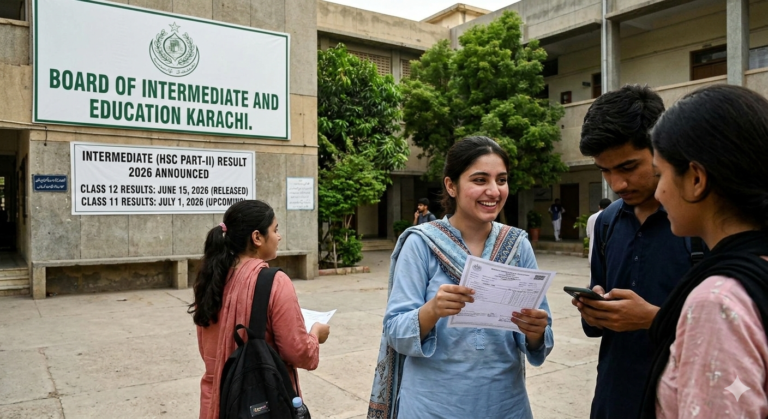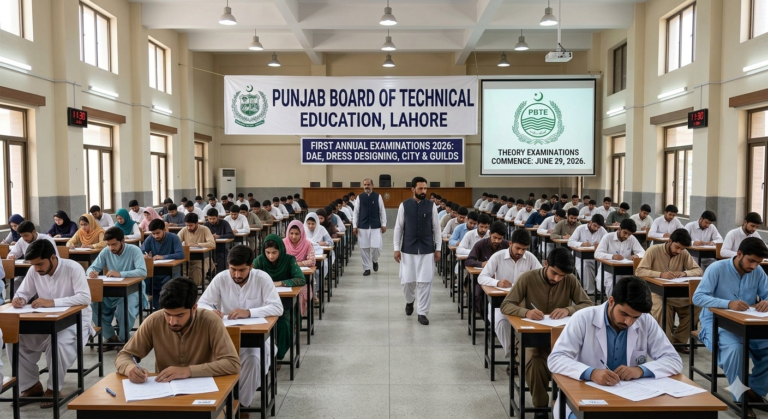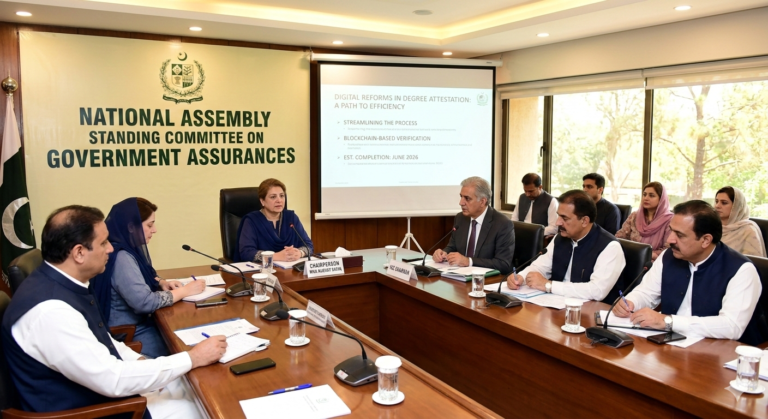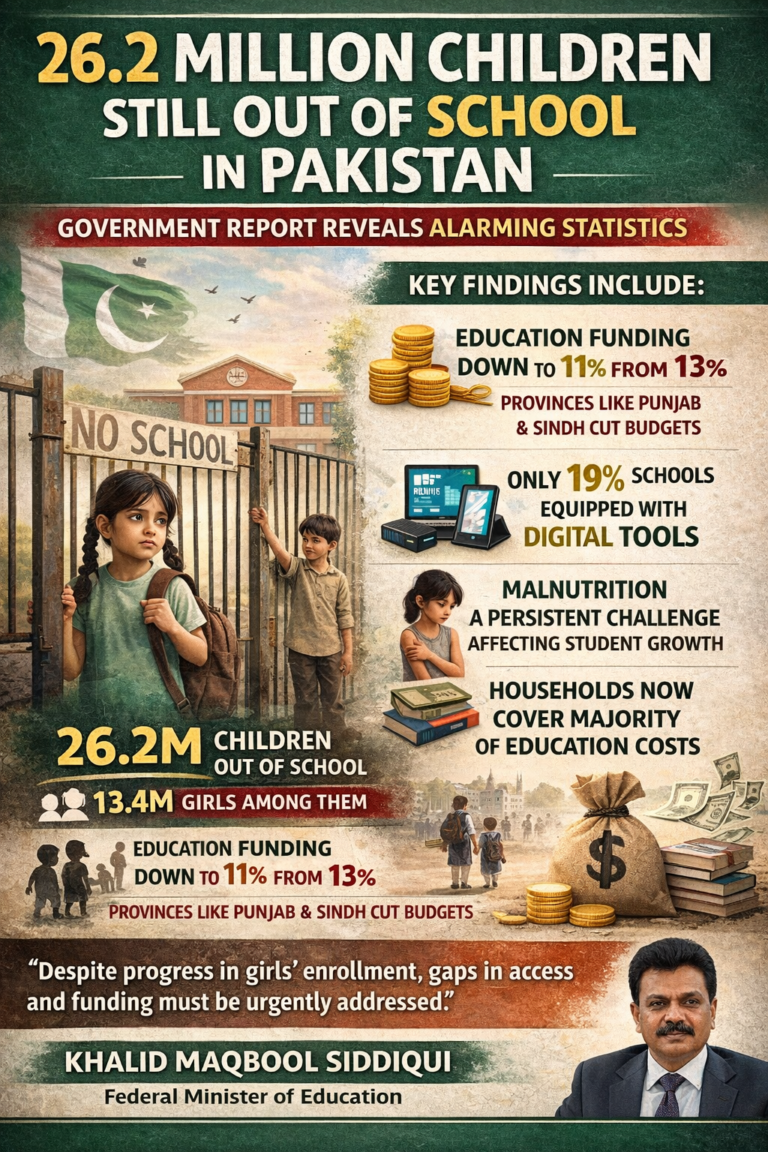
The Scope and Future of BS Anesthesia in Pakistan
Anesthesia is an essential component of modern healthcare, forming the backbone of surgical procedures and critical care. In Pakistan, the healthcare sector is experiencing rapid growth, and there is an increasing demand for skilled professionals who can manage anesthesia safely and efficiently. The BS Anesthesia program is designed to prepare students for a career in this crucial field, equipping them with theoretical knowledge, clinical skills, and practical expertise required in hospitals, clinics, and surgical centers. As the country continues to expand its healthcare infrastructure, the need for qualified anesthesiologists and anesthesia technologists is set to rise, offering promising career opportunities for graduates.
The BS Anesthesia degree is typically a four-year program, combining classroom learning with extensive practical training. Students are introduced to subjects such as pharmacology, physiology, medical equipment handling, patient monitoring, and critical care management. This interdisciplinary curriculum ensures that graduates are not only able to administer anesthesia safely but also respond effectively to emergencies, monitor patient vitals, and assist in various surgical procedures. In Pakistan, hospitals and surgical centers are increasingly looking for professionals with formal education in anesthesia, rather than on-the-job training, making the BS degree highly relevant.
One of the main reasons the scope of BS Anesthesia is expanding is the growth of private and public hospitals in major cities like Karachi, Lahore, Islamabad, and Rawalpindi. These hospitals require trained anesthesia staff to manage complex surgical procedures and intensive care units. In addition, rural healthcare centers are gradually adopting modern surgical techniques, creating a demand for professionals who can provide anesthesia services in less-developed areas. This trend not only improves healthcare access across Pakistan but also offers graduates opportunities to work in diverse environments, from urban hospitals to remote healthcare centers.
In terms of career prospects, BS Anesthesia graduates in Pakistan have multiple pathways. Many choose to work in hospitals and surgical centers, assisting senior anesthesiologists and managing patient care during operations. Others pursue roles in critical care units, pain management clinics, or research laboratories. Some graduates continue their education with postgraduate studies, such as a Master’s in Anesthesia, which opens doors to higher-level clinical positions, teaching roles, and administrative responsibilities in healthcare institutions. The combination of practical skills and academic knowledge provided by the BS Anesthesia program makes graduates highly employable in both private and government healthcare sectors.
The healthcare industry in Pakistan is also witnessing increased investment, with new hospitals and surgical centers opening every year. This expansion drives the need for trained anesthesia professionals who can ensure patient safety and high-quality care. Moreover, global healthcare standards and accreditations are influencing local practices, emphasizing the importance of formal anesthesia education. Graduates with a BS Anesthesia degree are better equipped to meet these international standards, making them valuable assets for hospitals seeking to enhance their quality of care.
Apart from clinical roles, BS Anesthesia graduates can also pursue careers in medical education. Teaching positions in medical and allied health institutes provide opportunities to train the next generation of healthcare professionals. This role is particularly significant in Pakistan, where the shortage of qualified instructors in anesthesia programs can impact the quality of education. Graduates with practical experience and formal academic training are well-positioned to contribute to the development of the healthcare education sector.
Technological advancements in medical equipment are another factor shaping the future of BS Anesthesia graduates. Modern anesthesia machines, patient monitoring systems, and surgical technologies require specialized training to operate safely. Graduates trained in these technologies are increasingly in demand, as hospitals aim to enhance patient outcomes and minimize risks during surgical procedures. In addition, continuous professional development programs and workshops provide graduates with opportunities to stay updated on the latest techniques and equipment in the field.
The private sector also offers promising opportunities for BS Anesthesia graduates. With the rise of private clinics, surgical centers, and specialized hospitals, graduates can find employment with competitive salaries and benefits. Many private institutions prefer candidates with a formal degree, as it assures competence and adherence to standard protocols. Additionally, graduates may choose to offer consultancy services or freelance anesthesia support for surgical camps, medical camps in rural areas, and specialized procedures, providing flexibility in career paths.
Government hospitals and public healthcare institutions in Pakistan also play a significant role in shaping the career prospects of BS Anesthesia graduates. These institutions often provide job security, regular pay scales, and opportunities for postgraduate studies. Moreover, the government has been investing in upgrading healthcare facilities and expanding surgical services, which directly increases the demand for trained anesthesia professionals. Graduates who demonstrate competence and dedication can progress to supervisory roles, administrative positions, or even policy-making roles within the healthcare system.
Research is another emerging field for BS Anesthesia graduates. In Pakistan, the need for research in anesthesia techniques, patient safety, pharmacology, and pain management is growing. Graduates can contribute to clinical trials, studies on anesthesia protocols, and the development of best practices in surgical care. Collaborating with research institutions, universities, and international organizations enhances professional growth and helps improve overall healthcare standards in the country.
The BS Anesthesia program also addresses the ethical and legal responsibilities of healthcare professionals. Graduates are trained to ensure patient safety, maintain confidentiality, obtain informed consent, and comply with medical laws and regulations. Understanding these aspects is crucial, as anesthesia involves high-risk procedures where mistakes can have serious consequences. Ethical awareness combined with practical expertise enhances the credibility of graduates in hospitals and healthcare institutions.
The scope of BS Anesthesia is further supported by professional associations and regulatory bodies in Pakistan. These organizations provide guidelines, continuous education programs, certification opportunities, and professional networking platforms. Graduates can join such associations to access workshops, seminars, and conferences, which contribute to career growth and skill enhancement. Membership in professional bodies also adds to credibility and recognition, both nationally and internationally.
Globalization and exposure to international healthcare standards are shaping the career paths of BS Anesthesia graduates. Hospitals in Pakistan increasingly collaborate with international medical institutions, adopt global protocols, and implement modern surgical techniques. Graduates trained in these standards can seek opportunities abroad or in multinational healthcare setups within Pakistan. Exposure to international practices enhances their expertise, broadens their perspective, and improves their employability in competitive healthcare environments.
Another important aspect of the BS Anesthesia program is its focus on emergency and critical care. Graduates are trained to handle high-pressure situations, manage patient vitals, respond to surgical emergencies, and provide life-saving interventions. This expertise makes them indispensable in operating theaters, intensive care units, and emergency rooms. Hospitals highly value professionals who can perform reliably under stress and contribute to patient safety during complex procedures.
Community health initiatives also offer employment avenues. Graduates may participate in vaccination drives, surgical camps, disaster relief operations, and rural healthcare projects. These opportunities not only provide practical experience but also allow graduates to serve underserved populations, contributing to the overall improvement of healthcare access in Pakistan. The combination of clinical, research, educational, and community roles ensures a diversified career path for BS Anesthesia professionals.
The scope and future of BS Anesthesia in Pakistan are highly promising. With the rapid growth of healthcare infrastructure, increasing awareness of patient safety, and rising demand for skilled anesthesia professionals, graduates have numerous opportunities in hospitals, clinics, educational institutions, research centers, and community health projects. The program equips students with practical expertise, theoretical knowledge, ethical awareness, and professional skills necessary to thrive in modern healthcare environments. As Pakistan continues to invest in healthcare development, the role of BS Anesthesia graduates will remain critical, ensuring patient care, surgical safety, and the advancement of the allied health sector. By pursuing this career path, students not only secure promising professional opportunities but also contribute meaningfully to the improvement of healthcare standards across the country.




